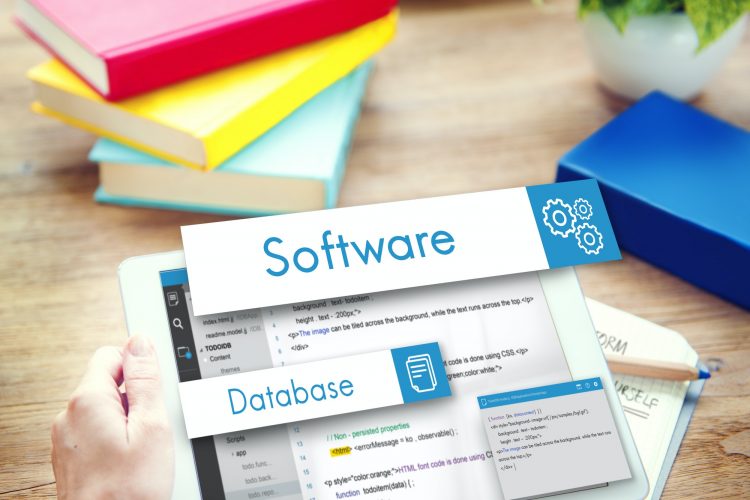
There are a large number of web hosts available. It might be difficult to figure out what’s best for your situation.
A simple shared host, on the other hand, will not enough for the majority of small and medium-sized businesses. But they aren’t willing to fork up the additional money for a dedicated server. Consequently, a VPS (Virtual Private Server) hosting plan is typically used.
VPS is a middle ground between shared and dedicated hosting, offering power and security at a reasonable price range.
The issue now is whether or not it meets your company’s unique digital requirements.
There are a lot of things to consider when deciding whether or not to use a virtual private server (VPS) for your website.
What Exactly Is VPS Hosting?
An enormous physical server is partitioned into smaller pieces known as VPS, or “virtual private servers,” each of which has its own IP address. In a virtual private server (VPS), each virtual machine has its own operating system (OS), applications, and resources. The fact that a virtual private server (VPS) is completely separate from the rest of the system means that it may function independently.
Suppose you own a condo in a building with storage and parking that you may use as needed. Such’s what it’s like to live in that building. Your neighbours can’t just swoop in and take advantage of what you have. This implies that you’ll have to share certain amenities with your other residents, such as the gym and the pool.
For more information on how to choose the best hosting plan for your online business, check out this article: Here Are the 8 Steps to Building a Successful Website
Exactly How Much Does a VPS Cost?
A VPS__ costs how much?
A virtual private server (VPS) is set up similarly to a dedicated server, but at a lower cost. It allows you to take full command of your operating system and a portion of its most valuable resources.
Do you know how much it will cost?
A VPS’s price and resources are determined by your selection. A VPS hosting package might cost as little as $3 per month or as much as $100 per month, depending on your needs.
Depending on the amount of traffic, a VPS hosting package might range from $3 to $20 per month for a personal or small company website. However, if you predict a significant increase in traffic to your website, you should consider spending $20 to $100 a month for web hosting.
Before you decide on a VPS provider, here are some things to keep in mind:
As your needs expand, you should look for a VPS host that will allow you to move to a dedicated solution. You’ll notice an increase in visitors to your website as your company expands. For the sake of your clients, it’s also important that you enhance your features and functions in order to keep up with the competition.
Many VPS providers provide a number of security tools to assist keep you and your site visitors protected. Reduce downtime by using a host that performs frequent backups and can restore the whole or portion of a server quickly in the event of a problem.
A VPS plan’s specifications should include the kind of processors and the amount of cores it offers. In addition, you should contrast the functions of backups, bandwidth, control panels, CPUs, disc space, and RAM. Compare them. Look for more powerful features if your site receives a lot of traffic.
If you have questions or concerns, look for a host who is eager to help you. It’s possible that they’re available 24/7. This way, if you have any technical difficulties, you may contact them immediately and obtain assistance.
VPS Hosting: What Are the Benefits and Drawbacks?
What Are the Positive and Negative Aspects of
Pros
- VPS hosting is more expensive than shared hosting, but it is less than dedicated hosting.
- Your hosting environment is completely customizable. You may choose the amount of resources and the operating system that best suits your needs.
- Improved website load times and fewer server problems are two benefits of this upgrade.
- Improved security choices are available to you. When there is a lot of traffic, you don’t have to worry about losing data, having outages, or having poor page loading times.
- Having the capacity to easily expand your resources as your firm grows is essential.
Cons
- A VPS is more costly than a shared server, even if it isn’t as expensive as a dedicated server.
- Configuration. Virtual private server (VPS) hosting is less difficult, but it still needs some server management expertise.
When Is It Time to Consider VPS?
When Should I Think About Making the Switch?
When you see an increase in traffic
Your website’s traffic will increase in tandem with your company’s success. To keep your website up and running at full speed, you need a VPS hosting package.
If a page takes a long time to load,
If a lot of people visit a lot of websites on the same server, things become a little congested. There is a risk of server overload because of this.
A virtual private server (VPS) gives you control over your own CPU, bandwidth, memory, and storage. If your website operates on its own resources, it will always be able to reply quickly, no matter what.
When a dedicated server is out of reach due to cost
You may not be able to afford a dedicated server at this time. If a dedicated server is out of your price range, consider a virtual private server (VPS) instead.
As your data storage requirements increase
VPS is a good option if you require more storage space on your hosting subscription. With a high-definition media library, you can save tens of thousands of high-resolution videos or thousands of photos.
Consider upgrading your shared hosting plan if you haven’t already.
In certain cases, you may need to relocate your website to a host that offers greater server capacity, functionality, and scalability.
VPS hosting is a good option for your expanding website that needs a hosting plan that gives more features at a lower cost since it falls comfortably between shared hosting and a dedicated server.



